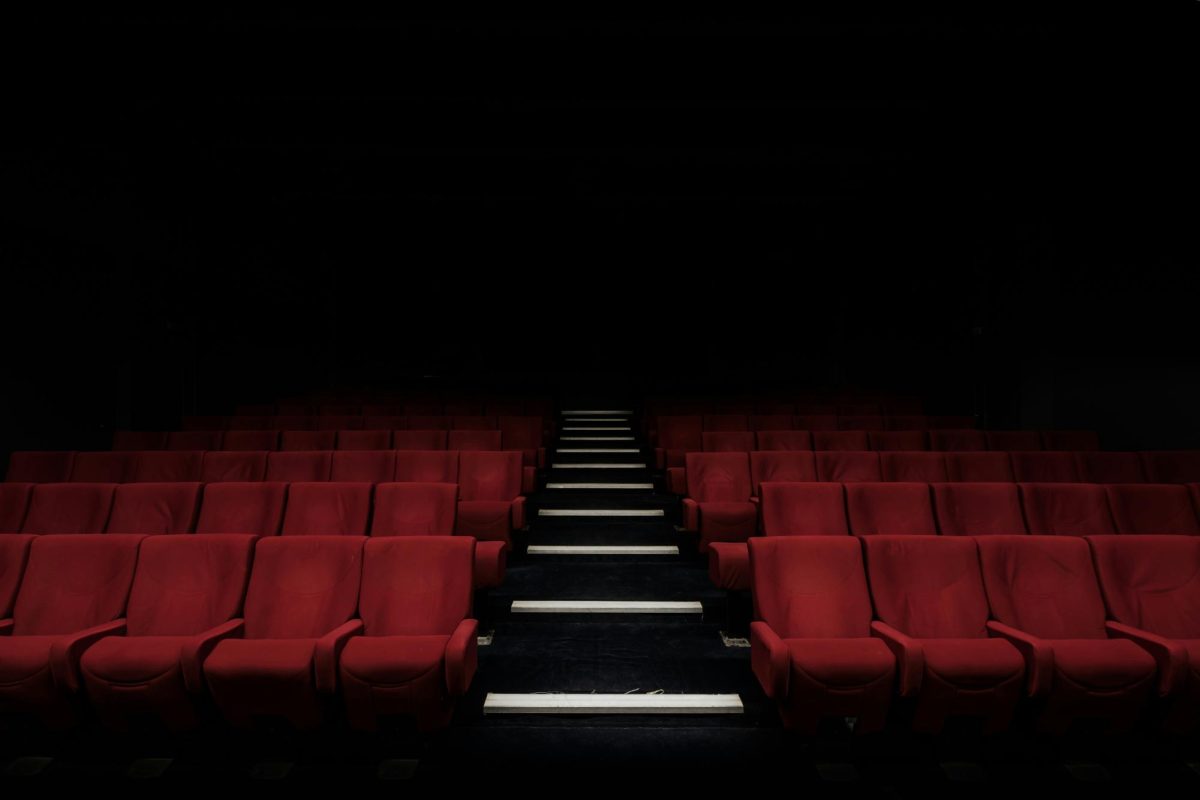I look to media and entertainment from the 80s, and I cannot help but feel nostalgia for an age that took place twenty years before I was born. The pure effort and time that were dedicated to producing materials for the public’s entertainment are awe-inspiring when compared to the shell of an entertainment industry that we have now. The stories created in our past were original, thought-provoking, and diverse. Movies, television, novels, and music all experienced a period of growth. I am not attempting to say that the 1980s were the peak of human creation. This title would most aptly be applied to the Renaissance.
However, I would say that the 1980s is a period recent enough in our history that would allow for a proper comparison of effort to what we have now. What accounts for this move away from entertainment excellence? I think it can be traced to the increased accessibility of content creation technology. Soon after the 1980s, cameras, computers, and editing software became much cheaper, and anyone with a little disposable income could create content. I see this as being directly linked to there being fewer passion projects that are bought into by studios that have the capital to hire experts and have access to better equipment. If people had a conviction to create something, they did so on their own and then published it on the internet. This took off in 2005 with the release of YouTube, a platform that made it easier to share content. The ability to create content was now not only in the hands of large studios. We now have access to more content than ever, so why does it feel like creativity is dying? In my opinion, the need for massive amounts of money to sponsor a project is one reason. For a project to be accomplished in the 1980s, there had to be people who believed in the story and were willing to put up their own money to have it made.
This is not so in today’s creative atmosphere. This means that the feeling of a movie having an event-like cultural impact has significantly diminished. Instead of a few highly anticipated blockbusters dominating the cultural conversation, there are now countless niche interests catered to, leading to a fragmented audience base. While this democratization of content creation has its benefits, such as increased diversity and representation, it has also led to a dilution of quality and a saturation of the market. Additionally, the rise of social media and online streaming platforms has shifted audience preferences towards shorter, more easily digestible content, favoring viral sensations over enduring classics. As a result, the incentive for creators to invest time and resources into crafting meticulously produced masterpieces has dwindled in favor of quick, disposable content that garners immediate attention. While technological advancements have democratized content creation and distribution, they have also contributed to a decline in the quality and cultural significance of entertainment.





